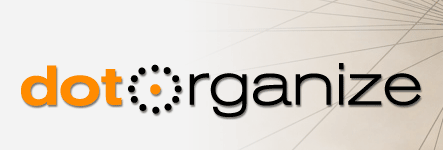Define Best Practices for Online Organizing
As a first step, defining and cultivating a body of knowledge that individual organizations can draw on will strengthen sector-wide capacity to develop and implement appropriate online technology strategies.
Conclusions
The practice of using online tools to support on- and offline organizing efforts requires continuous adaptation to changing political and technology environments. The sector requires an organized set of technology-neutral case studies, best practices, success stories, and performance benchmarks to jumpstart new efforts and build upon existing work. Because “online organizing” is such a new medium, the body of knowledge about successful strategies is limited. Few social change agents have enough time, resources, or staff to develop strategies that embrace the Web’s full potential. As such, success is often still defined by building big lists and raising money from those lists, not necessarily by winning campaigns or achieving program objectives
Recommendations
- Initiate a formal study of how we define success with online organizing tools. The sector could benefit greatly from a study that works with 20-50 different organizations and analyzes the relationship between their organizing activities online, and how those translate (or do not) into real-world impact. How can online tools be made more accessible and useful to groups? How are organizational goals and tactics impacted by the adoption of new tools, and how can this impact be shaped in constructive ways? Careful attention should be paid to selecting a diverse sample of organizations in terms of budget, issue focus, constituency served and geographic location. There are myriad movement and capacity-building organizations well positioned to fulfill this kind of study, and the resulting knowledge would give us a better sense of what’s working, what’s not, and where to target future efforts.
- Assemble live convenings and meetings, which address the fundamental strategic questions online organizers face. How can we move beyond fundraising and armchair activism to leverage the grassroots potential of the Internet? Has technology itself shifted our goals? How can we, as a sector, both question and leverage technology’s impact on organizing? These in-person gatherings could occur stand-alone or as tracks of existing non-profit technology events, and they should encourage questions, problem solving, and looking to the horizon.Some exciting and worthwhile gatherings are already taking place, which focus on tools development, training, and awareness building. In addition, the sector needs a space where the question of strategy is central. Before the tools are made, and before the organizers are trained on how to use them, we need to examine what we’re doing and why.
- Develop a peer-to-peer support and knowledge management infrastructure for organizers. Setting up an online community for the intervals between these live convenings would enable organizers to collaborate, share best practices, and provide mentoring opportunities for newer organizers.









